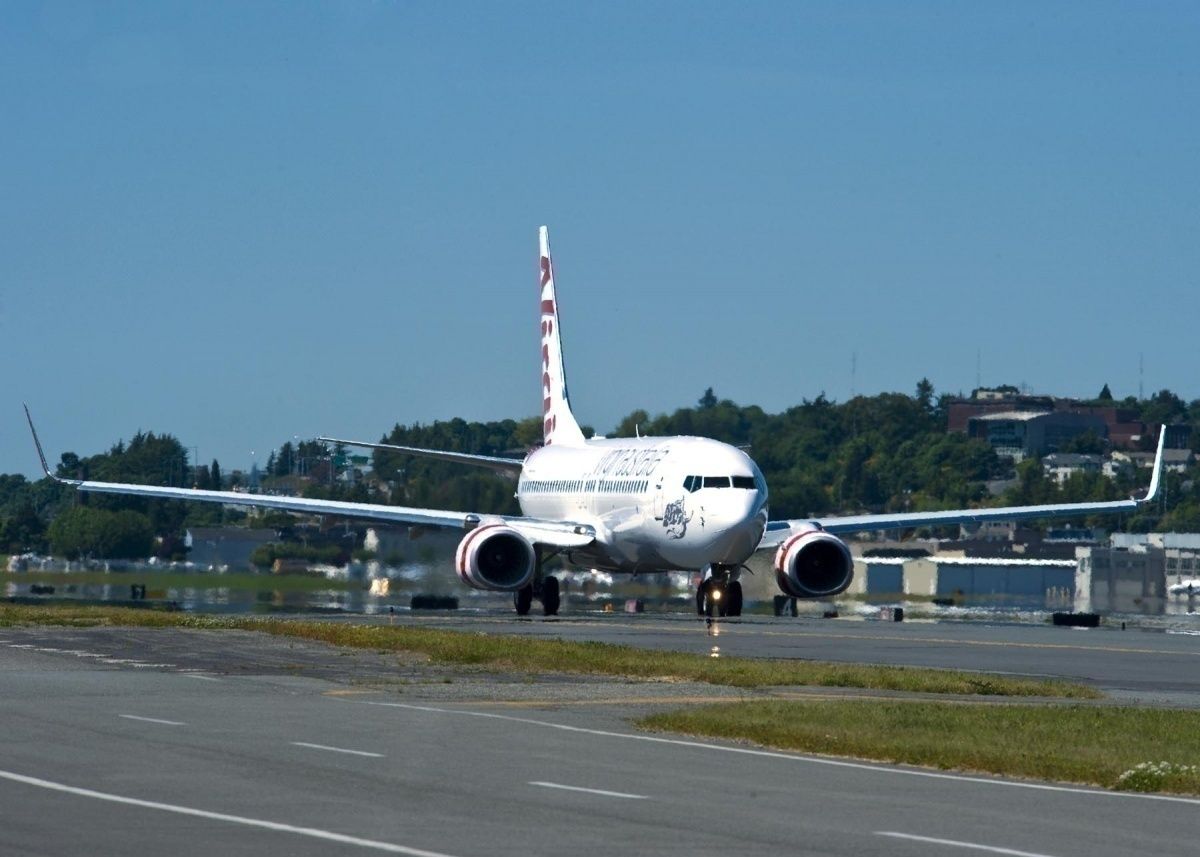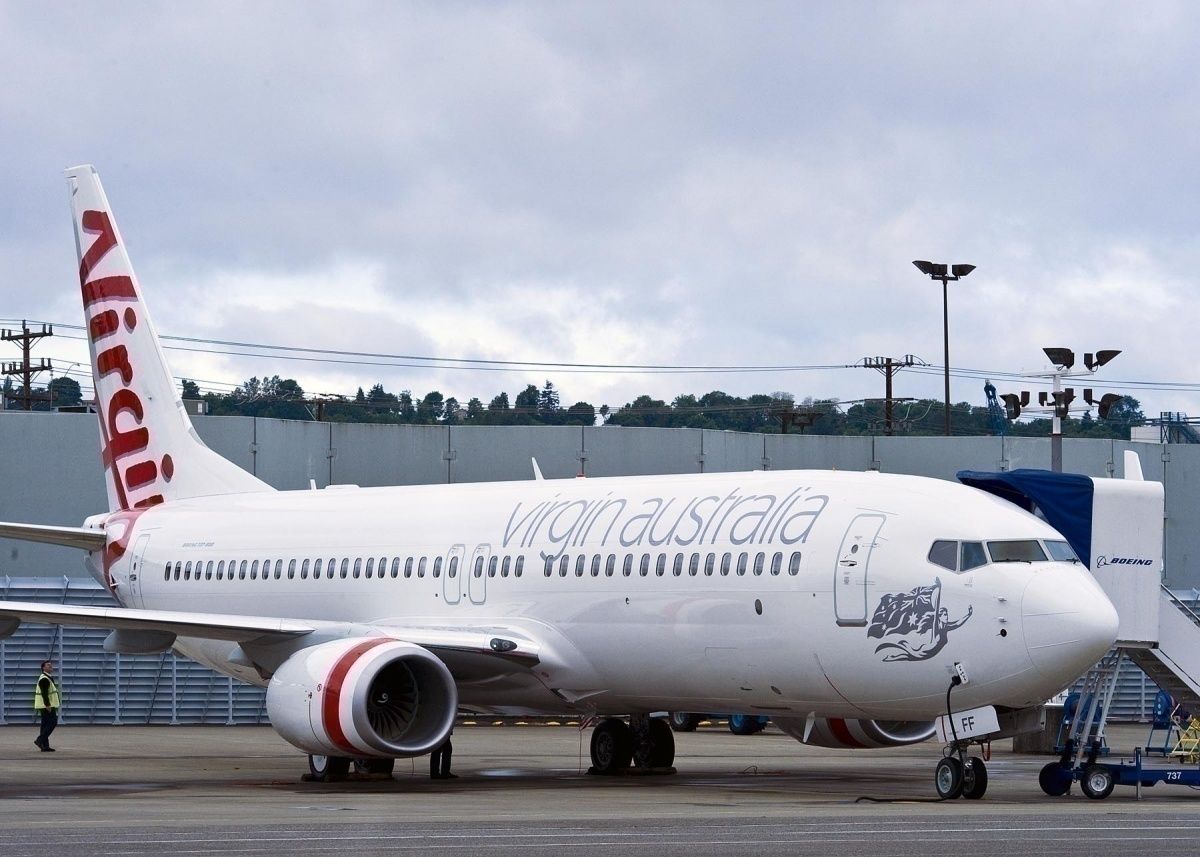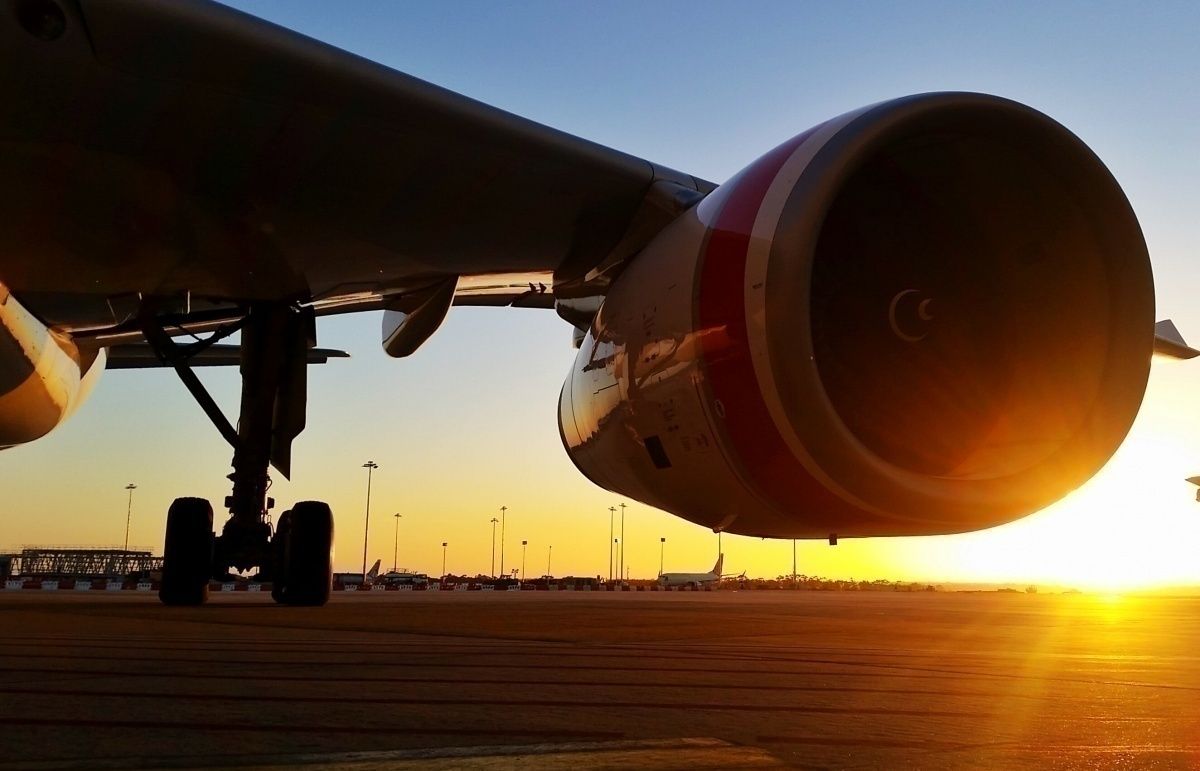With over ten million members, about 40% of Australia's population is signed up to Virgin Australia's frequent flyer scheme, Velocity. As Virgin Australia unfortunately slid into voluntary administration earlier this week, many of those Velocity members have expressed concerns about their points.
It doesn't help that many people have long memories. Nearly twenty years ago, USD$466 million worth of Global Rewards points were lost when Ansett collapsed. In recent weeks, in an attempt to stem a flight to safety, Velocity blocked points transfers to Singapore Airlines' Krisflyer scheme.
There are reports as much as USD$1.27 billion worth of Velocity points remain unredeemed.
This week, after Virgin Australia entered into voluntary administration, Velocity suspended all redemptions for 28 days. Furthermore, local credit card issuers began blocking points transfers to the program. It was enough to make a lot of points junkies very twitchy.
Administrator moves to assure frequent flyers their points are safe
But Virgin Australia's administrator, Deloitte, has been quick to reassure Virgin Australia's frequent flyers that all is not lost. While Virgin Australia may have collapsed, Velocity hasn't. Vaughan Strawbridge from Deloitte said this week;
“Velocity is a separate legal entity, it is well set up, the members are well protected.. we're going to work with them as part of this process there will be a pause on redemption for a period but they're a key part of how this business is restructured and comes out of administration.
“The frequent flyer program is an incredibly good asset.. the Velocity points are not lost they are all preserved, and they are still there.”
Frequent flyer scheme a profitable asset
Velocity is one of Virgin Australia's most profitable assets. In 2014, Virgin Australia sold a 35% stake in Velocity for US$213 million to Affinity Equity Partners. Last year, the airline moved to buy back its stake, paying Affinity about US$460 million to do so. Velocity had proved a nice little earner for Affinity. Ironically, the buyback added to Virgin Australia's debt levels, one of its key drivers into voluntary administration. The bondholders who funded last year's buyback also look to now be out of pocket.
But the deal was recognition of the value of Velocity to Virgin Australia, and the frequent flyer scheme is a very tasty asset. However, Deloitte won't be hiving it off from a restructured Virgin Australia. It will be retained and sold as a critical component of any resurrected airline. In a sales pitch that landed on the desks of potential Virgin Australia buyers midweek, Deloitte highlighted the current and potential strengths of the Virgin Australia business. A key pillar was Velocity. Deloitte described Velocity as highly cash generative.
Carrying the scheme forward will generate goodwill and cash
While most analysts don't think the airline emerging from the ashes of Virgin Australia will follow the same flight path as its predecessor, all agree the new airline will need the support of Australia's frequent flyers.
Carrying Velocity and its member's points balances forward into that new airline will generate immediate market share, goodwill, and support. It will also generate cash for the airline.
That, at least, is the thinking. And it makes sense. A points wipeout will leave a sour taste in everyone's mouth. Preserving Velocity points will put a spring in the step of ten million relieved frequent flyers. Trashing a valuable asset like Velocity makes no sense for any of the stakeholders.
While Velocity members have a reason for cautious optimism, most will be waiting for the 28-day points redemption freeze to end to see what happens then.



